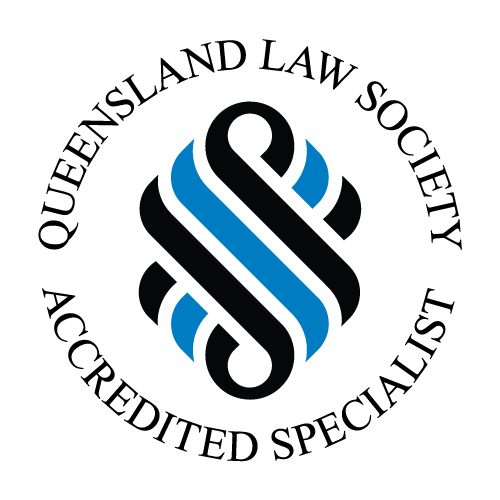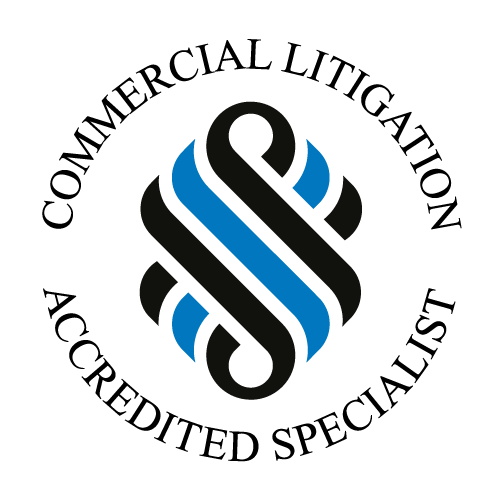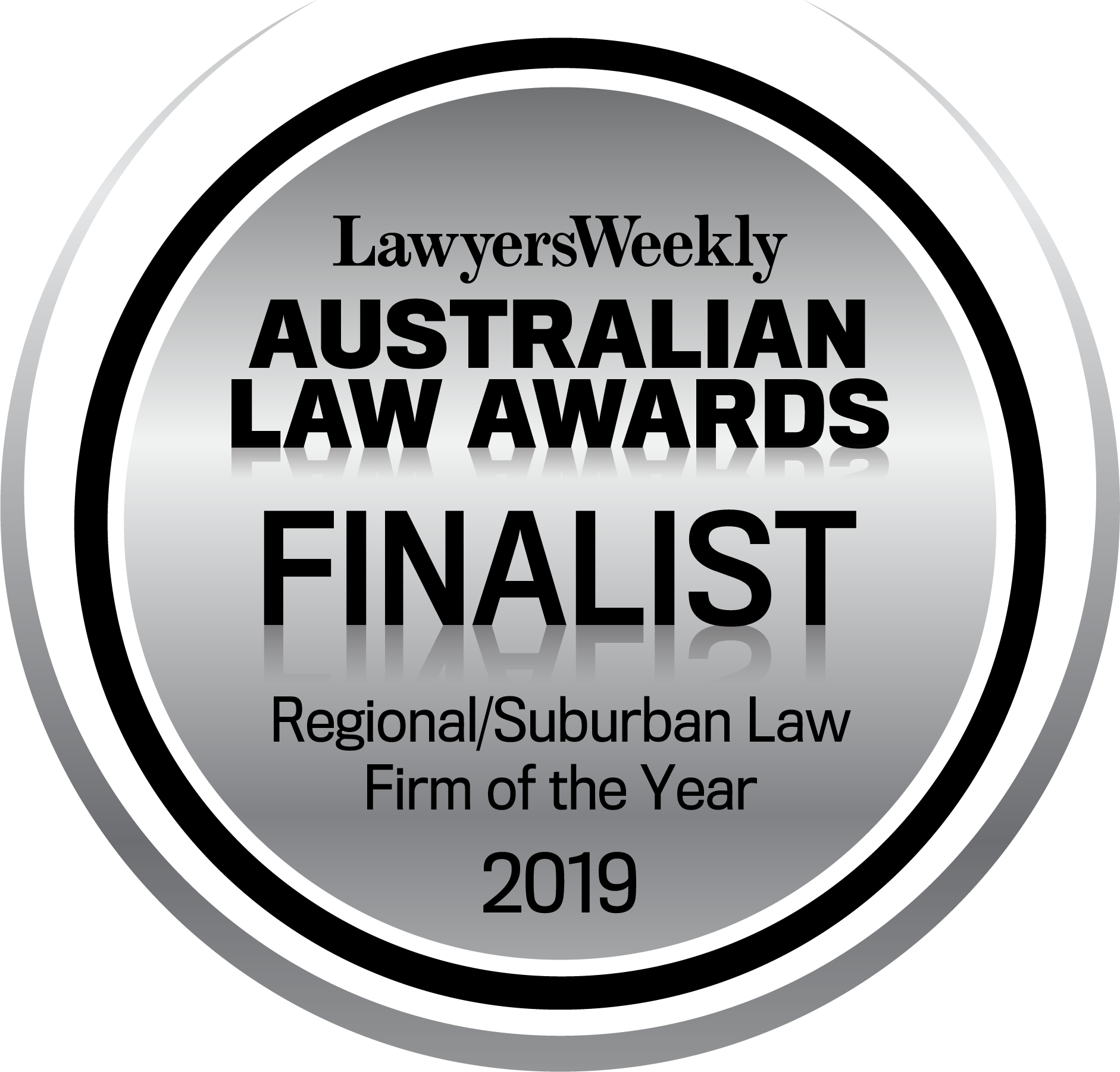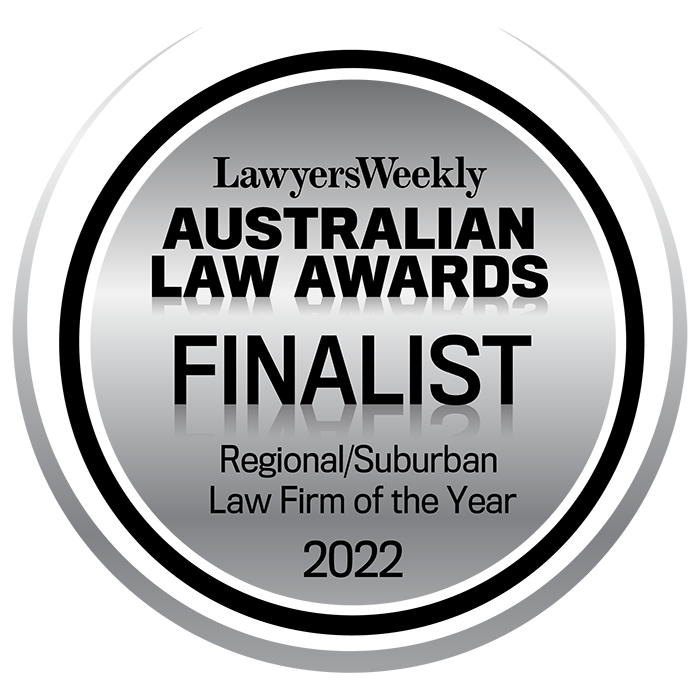A trust can be described as a relationship created at the direction of an individual, in which one or more persons or company(s) holds the individual’s property subject to certain duties to use and protect it for the benefit of others.
There are many different types of trusts and they often differ depending on their characteristics and purpose. The most common type of trusts include:
- discretionary;
- unit;
- fixed;
- testamentary;
- bare;
- hybrid;
- superannuation;
- constructive; and
- charitable.
Trusts are commonly used by business owners and families to:
- minimise tax;
- as a means of providing shared income for family members;
- to minimise the risk of creditors making a claim against your assets; and
- to place valuable assets out of the direct control of individuals at risk of making poor decisions that may affect a number of stakeholders involved.
Our trust Dispute Lawyers have considerable experience in resolving disputes relating to:
- variation and rectification of trusts and wills;
- trust structure and administration issues;
- trust formation and advice;
- removal and appointment of trustees and executors;
- will drafting and advising on administration of estates;
- actions by and against trustees;
- contested probates and disputes between beneficiaries after death;
- charity formation, advice on administration and disputes;
- inheritance disputes, including applications under the Succession Act 1981;
- asset tracing and recovery;
- family disputes;
- advising beneficiaries and trustees on allegations of breach of trust; and
- conducting arbitrations of trust disputes.
Our team of experienced trust dispute litigation and dispute resolution lawyers and accredited mediators can help you institute proceedings to seek the orders you require in the event the matter can’t be resolved through negotiation and mediation.
We can also assist you with:
- drafting appropriate documentation to establish a trust;
- reviewing trusts to ensure they comply with financial and trust-related legal requirements;
- advice for your accountant to make suitable arrangements; and
- advice for structuring your trust in ways to minimise the chance of claims being made under family law or debt recovery proceedings.







